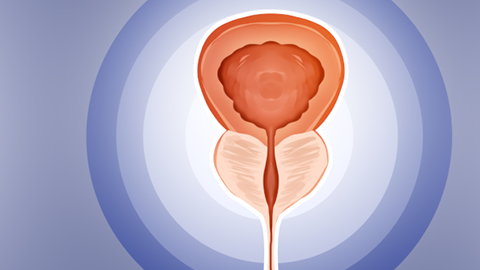What are the causes of benign prostatic hyperplasia (BPH)?
Generally, the main causes of benign prostatic hyperplasia (BPH) include aging, hormonal changes, chronic prostatic congestion, chronic prostatitis, and bladder neck obstruction. If discomfort symptoms occur, timely treatment at a regular hospital is recommended. Detailed analysis is as follows:
1. Aging
With increasing age, male prostate tissues gradually undergo degenerative changes, and the rate of cell proliferation accelerates, leading to enlargement of the prostate and resulting in hyperplasia. Men over 40 years old should undergo regular prostate ultrasound examinations to monitor changes in prostate size.
2. Hormonal Changes
An imbalance between androgen and estrogen levels in the male body, along with elevated levels of the androgen metabolite dihydrotestosterone, can stimulate excessive proliferation of prostate cells, inducing hyperplasia. Maintaining hormonal stability through regular exercise and a balanced diet—including increased consumption of vitamin-rich fruits and vegetables—is recommended.

3. Chronic Prostatic Congestion
Long-term alcohol consumption, frequent sexual activity, or prolonged sitting can lead to persistent congestion of the prostate tissue and impaired blood circulation, promoting abnormal cell proliferation and inducing hyperplasia. Reducing alcohol intake and avoiding excessive drinking, controlling the frequency of sexual activity, and getting up to move for 5–10 minutes every hour of sitting are recommended to improve prostatic blood circulation.
4. Chronic Prostatitis
Long-standing chronic prostatitis can cause recurrent congestion and inflammatory stimulation of the prostate tissue, leading to abnormal cell proliferation and increasing the risk of hyperplasia. Under a doctor's guidance, medications such as levofloxacin hydrochloride capsules, cefixime dispersible tablets, and Qianlieshutong capsules can be used to control inflammation and alleviate congestion.
5. Bladder Neck Obstruction
Bladder neck obstruction caused by bladder neck narrowing or inflammatory scarring can obstruct urine outflow, increase bladder pressure, and over time exert reverse pressure on the prostate, stimulating prostatic tissue hyperplasia. If the obstruction is severe, transurethral bladder neck resection may be required to relieve the obstruction and reduce pressure on the prostate.
In daily life, maintaining external genital hygiene to reduce the risk of urinary tract infections, eating a light diet with reduced intake of spicy and irritating foods, engaging in moderate exercise such as brisk walking or jogging to strengthen physical health, and undergoing regular prostate examinations for early detection and early intervention are recommended.









